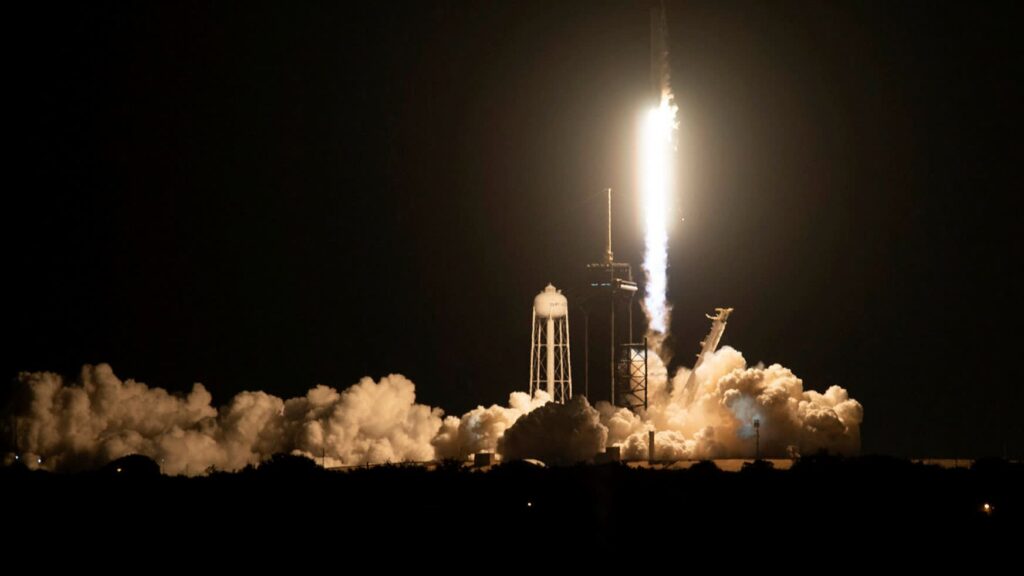The world needs to set new rules in space


The first flight of Elon Musk’s Falcon 9 rocket back in 2010 launched a new space age. Since SpaceX developed its first reusable rocket, the costs of sending satellites into orbit have plummeted, opening up a multibillion-dollar market for thousands of companies around the world. Arguably Musk has done more than anyone since Neil Armstrong to reignite interest in space.
But Josef Aschbacher, head of the European Space Agency, has sounded the alarm over the US billionaire’s dominance of the new space economy. SpaceX has enabled Musk to launch satellites at an unprecedented rate for his space-based internet service Starlink. In less than two years he has built a constellation of nearly 2,000 satellites, roughly 40 per cent of all active satellites around Earth. Within years he plans to have 12,000, and national regulators have granted permission for some 30,000.
Some dismiss the ESA boss as a European protectionist. That misses the point. Aschbacher was not blaming Musk for breaking any rules. He was underlining the fact that rules just do not exist to guarantee responsible and sustainable use of low Earth orbit, up to 2,000km above the Earth, where most satellites operate. Others, from the UK’s OneWeb to Jeff Bezos’s Project Kuiper, also plan big constellations.
Existing international agreements, designed when space was largely the preserve of governments, have been left behind. The UN Outer Space Treaty of 1967 proclaims space “the province of all mankind”. But responsibility for licensing satellite operators rests with nation states, which all want a slice of the new market.
While the International Telecommunication Union regulates radio frequencies on which satellites transmit, there is no system for coordinating orbits and no global space traffic management system. There are no requirements to share information on trajectories, no rules for who should move out of the way to avoid a collision, and no binding regulations on removing satellites at the end of their life. In 2019, the UN Committee on the Peaceful Uses of Outer Space adopted 21 guidelines for the long-term sustainability of space — but voluntary ones with no agreed consequences for transgression.
So a crisis looms that could kill off the space economy in its infancy. On current plans, there could be 100,000 satellites in orbit by the decade’s end, for everything from internet services to Earth monitoring. Space is a big place, but the multitudes of planned constellations raise the odds of collisions that could render some orbits unusable.
Russia’s recent anti-satellite test, which blew up an old Soviet spacecraft, created more than 1,500 new pieces of trackable debris. Some 30,000 fragments large enough to track are now flying around, posing a risk to satellites and the International Space Station.
A new, overarching space treaty is probably not achievable in the short-term. But smaller steps could be taken to ensure the space economy remains safe and open to all. Nations that signed the 2019 guidelines should ensure there are penalties for violators. Launch companies and users of satellite services could refuse to do business with operators who ignore them. Urgent agreement is also needed on communication and traffic management protocols to avoid collisions.
Nations, not entrepreneurs such as Musk, must ultimately take joint responsibility for regulating space. But his control over a big chunk of commercial space and close relations with US regulators should give him a strong voice on what constitutes responsible behaviour. If he put his energy into supporting global norms to ensure a safe environment, the world would listen.